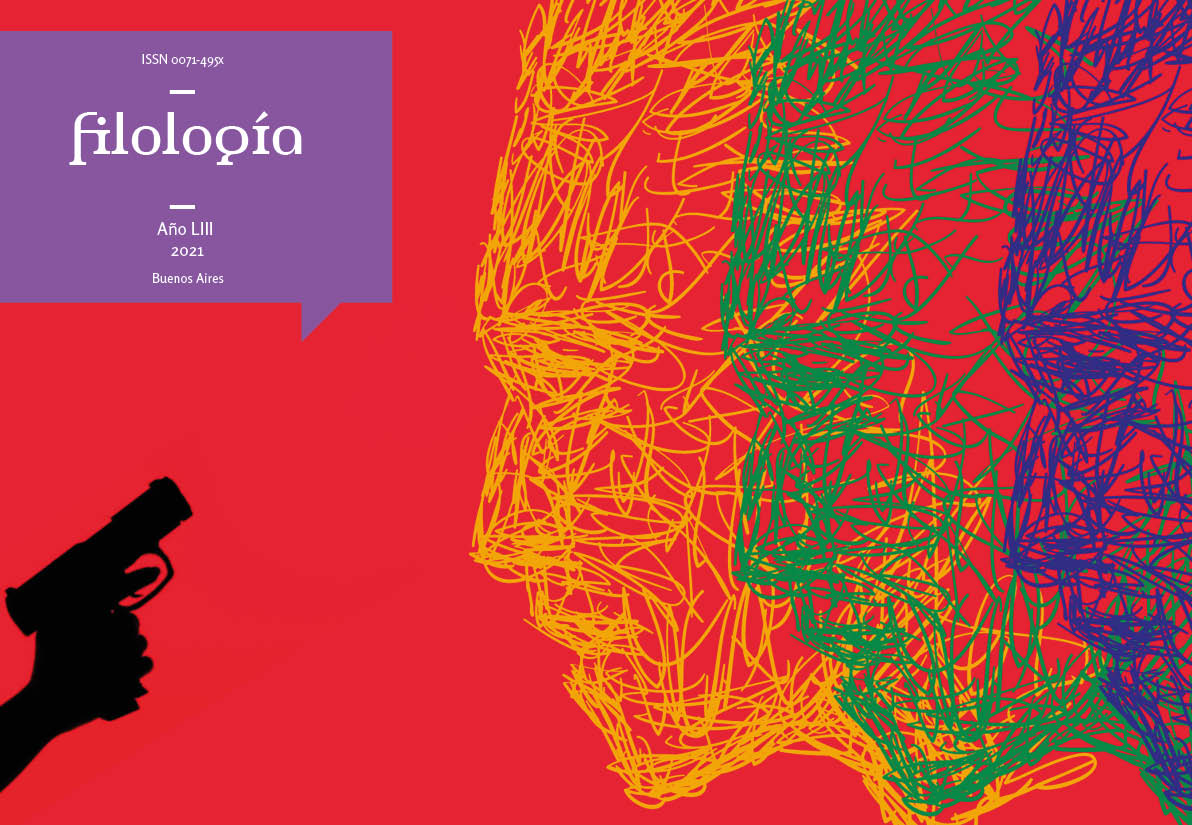Politics of virility. Masculinities in the police and criminal cinema of Carlos Hugo Christensen in Brazil (1960-1970)
Keywords:
masculinities, crime film, Brazilian cinema, monster, manhood policy
Abstract
For several decades, Brazilian national critics have contributed to the stigmatization of film genres by identifying them with cultural imperialism and differentiating their filmmakers between authors and artisans. This had an impact on the development of a historiography that privileged auteur cinema. However, police and criminal films, terror and its monsters constitute a privileged discursive space when it comes to thinking about the fears, anxieties and forms of violence of a society in relation to the binary cultural matrices of images and discourses of the masculine and the feminine. In this sense, the present work deals with Carlos Hugo Christensen’s filmography in Brazil, an unavoidable reference of the origins of the detective and criminal genres in Argentina, to investigate the political potential of these objects of mass culture from a gender perspective. I will seek to analyze the relationships between the destabilization of order and law as a male institution that are posed in the police, detective and crime genres, with those of heteronormativity through the staging of subjectivities that challenge or question the power relations of masculinities.Downloads
Download data is not yet available.
Published
2021-10-14
How to Cite
Gil Mariño, C. N. (2021). Politics of virility. Masculinities in the police and criminal cinema of Carlos Hugo Christensen in Brazil (1960-1970). Filología, (53), 145-159. https://doi.org/10.34096/filologia.n53.10633
Issue
Section
Dossier














